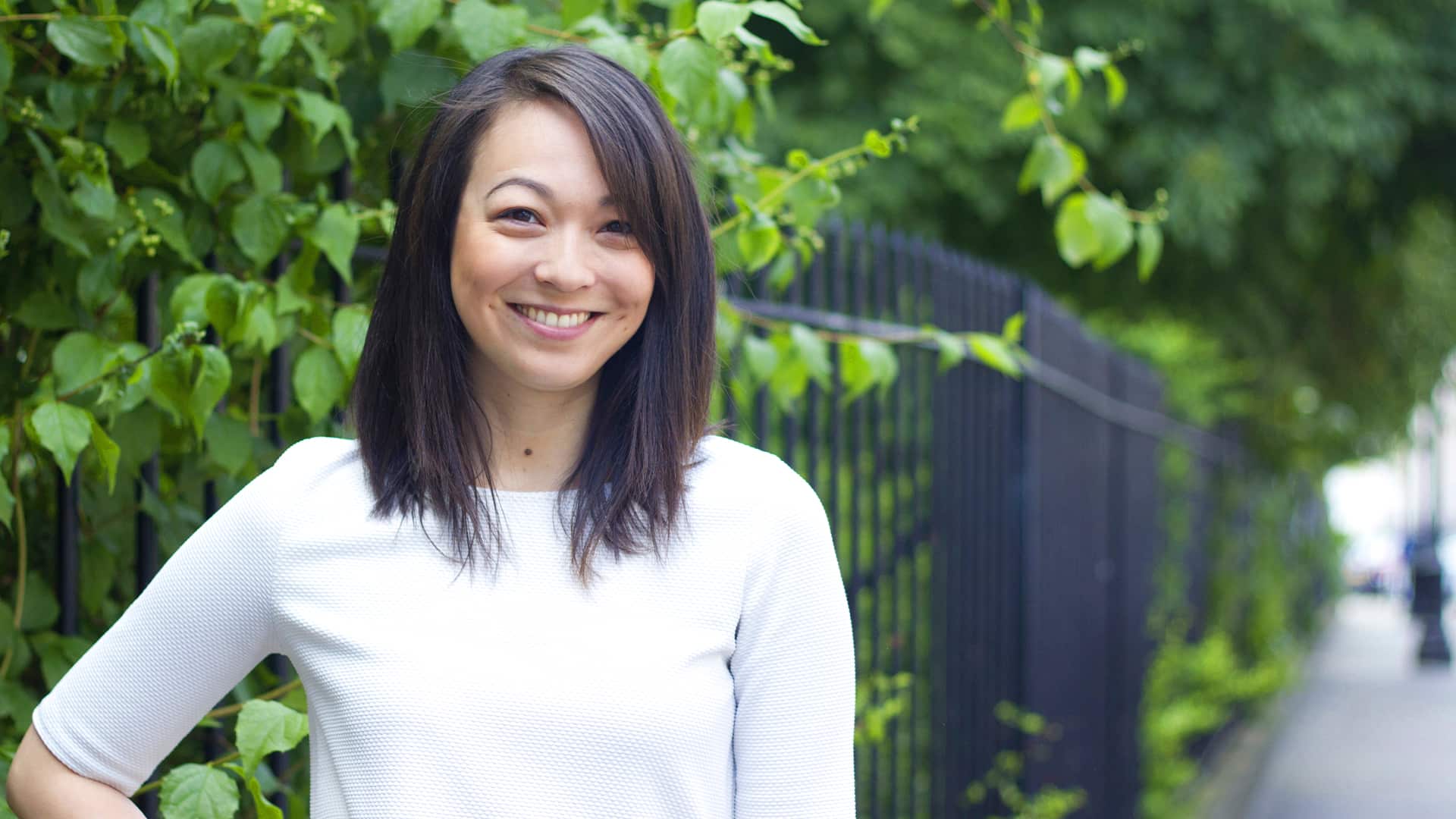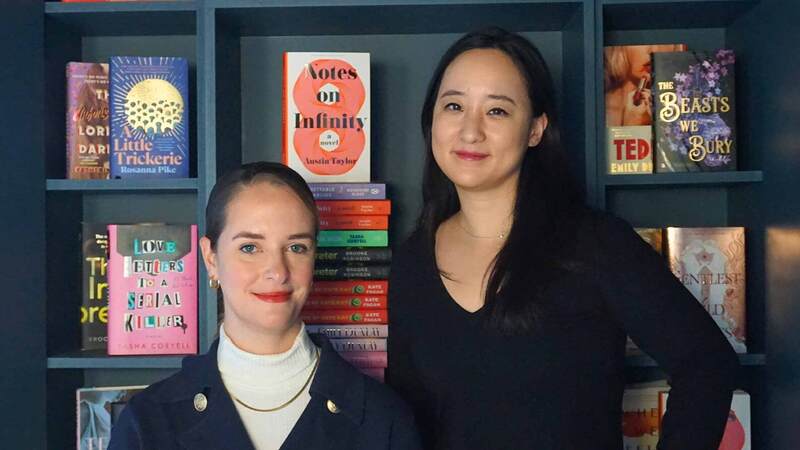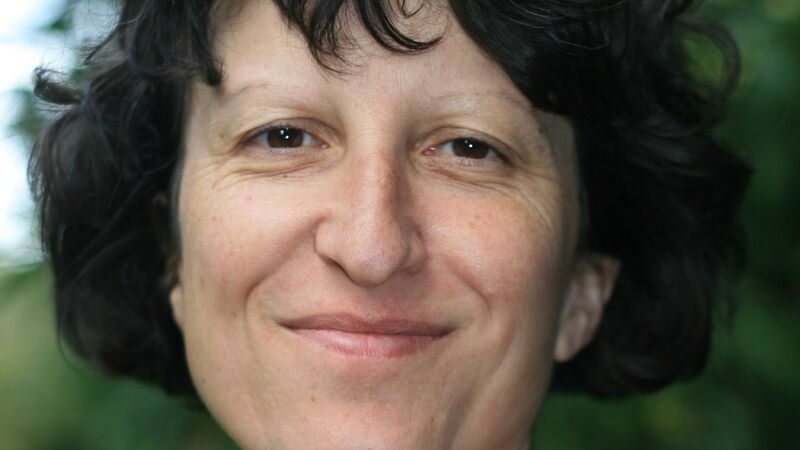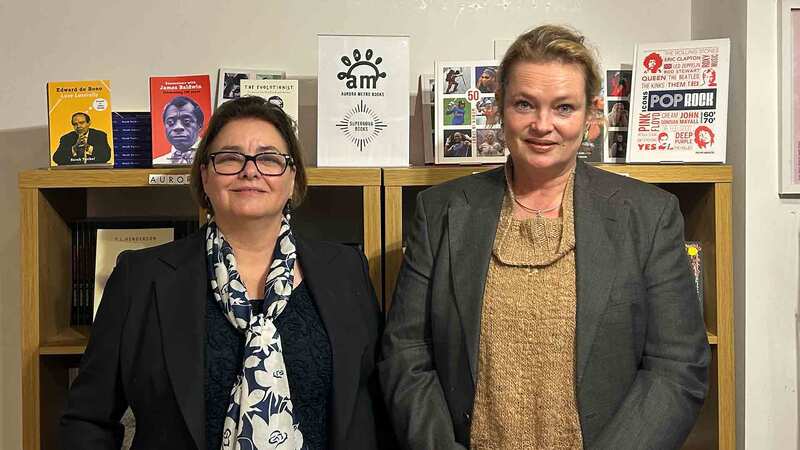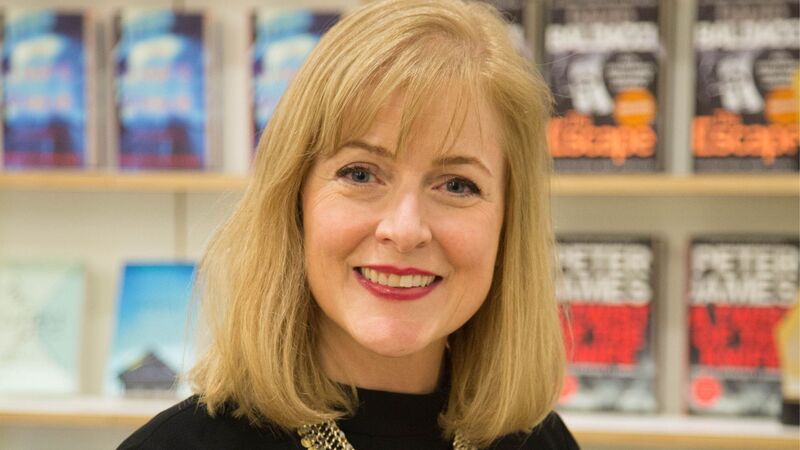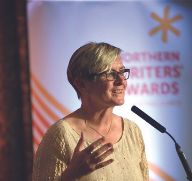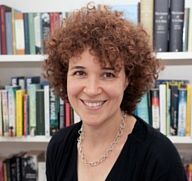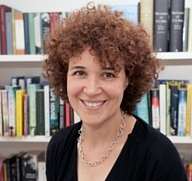You are viewing your 1 free article this month. Login to read more articles.
Schilz outlines plans for TLC to make lasting change as organisation turns 25
The Literary Consultancy, founded in 1996 around a kitchen table, now works with writers and publishers and is looking to build partnerships and advocacy as it enters its second quarter century.
Founded 25 years ago by Becky Swift and Hannah Griffiths, The Literary Consultancy (TLC) was intended as a ground-breaking response to the “toxicity” of a gap the duo saw existing between aspiring writers and the publishing industry, whereby those who sent in manuscripts but weren’t offered a book deal would get no editorial feedback other than that familiar, disheartening slip: “Thank you, but this isn’t right for our list.”
Instead TLC offered writers detailed feedback as they developed their work, responding to their needs and motivations beyond just a judgement on whether their manuscript was publishable or not publishable. Swift’s study of psychoanalysis at London’s Tavistock Clinic was key in informing this approach.
Hopefully we can start to change these behaviours and then we have a thriving editing culture that looks for talented, diverse writers naturally as part of that system, not as something that’s an add on
In the years since, numerous similar organisations have also come onto the book scene; but Aki Schilz pictured below, who took over as director when Swift died of cancer in 2017, thinks TLC’s founding principles are as important and distinctive as ever as it hits its 25th anniversary.
“One of the really foundational things Becky was focused on was that the raison d’être of The Literary Consultancy is not, ‘We are going to talent scout for the industry’—that’s a really happy byproduct of some of the work we do and we do work with authors to flag commercially viable manuscripts to literary agencies—but I’m incredibly cautious about selling any service by leading with, ‘We can get you published’,” Schilz explains. “To me there’s a lot of snake oil about, [though] obviously some people have track records and success. We are here to take writers seriously no matter what their level is and provide them with a truth-telling service. That, to my mind, is undermined by the idea that you lead people with a promise to get you published.
“Becky said to me once, ‘It can take 10 years to write a shit book, but why shouldn’t we give that person the respect we give to someone who is going to be published? That’s the same amount of energy, blood, sweat and tears, and that value judgement of publishable/not publishable, that binary can be very damaging.’”
TLC now sees between 500 and 600 writer clients a year, of which around 100 are catered for by bursaries via Arts Council England. Some are supported via a more intensive mentoring programme. It is proud of its many notable successes, who include Jenny Downham, Tina Seskis, Perdita and Honor Cargill, Lizzie Damilola Blackburn and Giles Kristian, but as Schilz points out, equally important is engaging with why people are writing, the process as well as the product. “To offer a sound editorial framework these things have to be in your mind: the fact that people are writing for all sorts of reasons they might not be aware of. There’s a lot to do with trauma, the wounded child, the child at play, creativity; it’s important to combine truth-telling with a certain kind of sensitivity, and if we only focus on the market, some of that gets lost.”
She adds: “I’m interested in a much wider definition of great literature. I think that everyday creativity is valuable and I do think that outside of simply capitalist structures, creating a space that genuinely values writers and writers’ voices, and takes them seriously [is important]. You sustain them no matter what the outcomes may be. You never know who might have stopped at the first hurdle because they were given crap feedback, or who might be the next author who changes someone’s life.”
Team work
TLC has a four-strong in-house team, but a bank of around 90 freelance editors who read manuscripts and give feedback. The point of such a wide range is to enable TLC to match a writer with the right editor. “That might be by genre but also by style, intuiting what kind of person would be good for that writer; some are more holistic and nurturing, some more straight-talking,” says Schilz.
Under her leadership, it is looking more to partnerships and also advocacy; passionate about her field, Schilz wants TLC to be a “beacon” for literary culture more widely. Last year it launched its Being a Writer membership platform. Now it has just launched a new tier structure whereby clients can choose to add 5% or 10% to their fee while others can ask for 10% off on a trust basis, “so those two systems support each other: those who want to pay more can do that and subsidise those who can’t”, Schilz explains. She adds: “To my knowledge there is no one else doing that on service fees. From a business point of view I am interested in exploring how business models can help us properly communicate the value of literary services, but also the wider creative industries.”
TLC has also begun a consultancy model, and will be going into an (unnamed) publisher this week with a one-day primer on an ethical framework for editing, working with Dr Kavita Bhanot of the University of Leicester, a reader and mentor for TLC, and author of an academic piece “Decolonise, not Diversify”, which “really spoke to” Schilz.
“My campaigning is about creating an inclusive culture rather than diversity initiatives,” explains Schilz. “We’ve had various things happening in publishing, and a lot of the crisis control is about this single incident with this single author—‘How do we fix this?’ Actually [the issue is] about the system underlying that; an editorial culture that prioritises imagining that editing is an intuitive skill is one that I think is deeply problematic because it assumes it can’t be trained and taught. I’m certainly not saying that current systems don’t work on the whole, but within each editorial team everybody from junior to senior editors needs to feel supported, and it’s about creating an inclusive culture and editing with confidence. We think about cultural sensitivity issues but it goes beyond that to all the intersections we need to be aware of—class, disability and neurodivergence.”
Instigating change
TLC’s one-day primer will look both at the theory of change, which Schilz is trained in, and a model developed by Bhanod around editing which looks at “radical empathy and self-interrogation”. Schilz says: “Culture is a set of behaviours and if you can change behaviour, you can change culture. If you come at it thinking you have to make a sweeping change to editing, it feels completely unmanageable. So hopefully this primer is the start of a conversation that looks at how we change the framework of editing, because we know the in-house culture in publishing actively marginalises, that it’s difficult and problematic and there are things missing. Hopefully we can start to change these behaviours and then we have a thriving editing culture that looks for talented, diverse writers naturally as part of that system, not as something that’s an add on.”
Warming to her theme, she goes on to argue that publishing has a culture of “toxic martyrdom”. Schilz says: “It’s full of overworked, underpaid, creative people who feel pushed for time and feel frazzled and because they are doing it for the love, and are not fairly remunerated, what happens is that odd thing where they become very resistant to challenge—‘I’m not doing it for the money, I’m doing it for the love of it, I can’t possibly have done wrong, why are you picking on me?’ Actually it means that people stick their head in the sand, and when genuine and valid challenge is issued to the industry there’s a battening down the hatches approach. I don’t think it’s that useful for actual change. So [it’s about] learning how to respond to challenge, criticism. I don’t think that always means a massive long apology where everyone feels awful and guilty, it just means responding, ‘OK, we’ve got to listen to this, what are people actually saying, what can we learn from this, and how can we put steps in the next month, the next year, the next five years so that this changes?’ Not so that this single incident doesn’t happen again, but so there is a culture change, to protect our staff, to protect our writers.”





